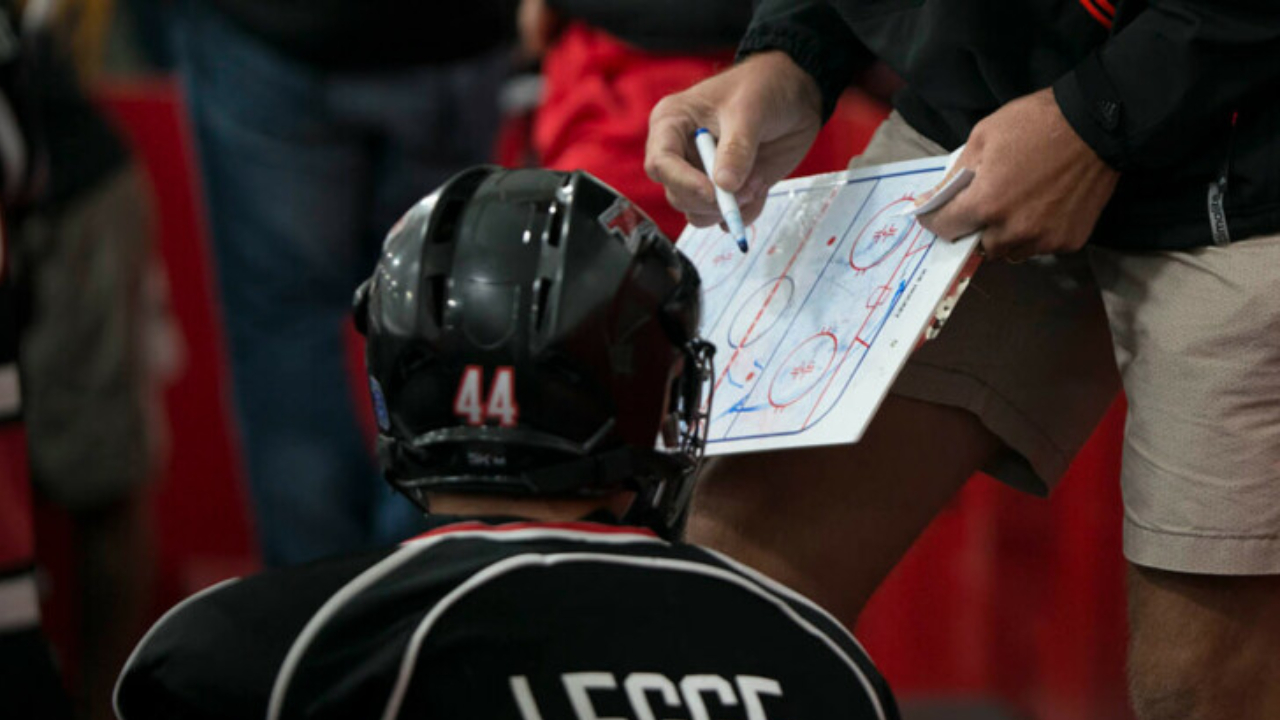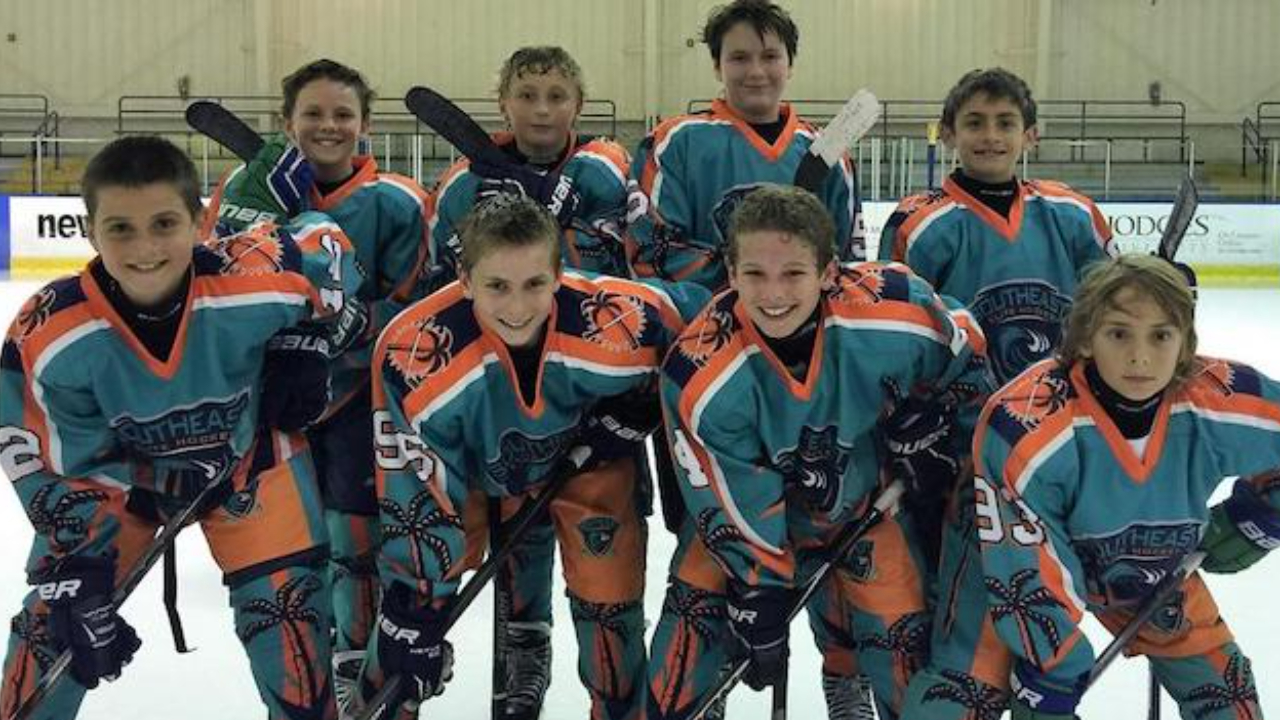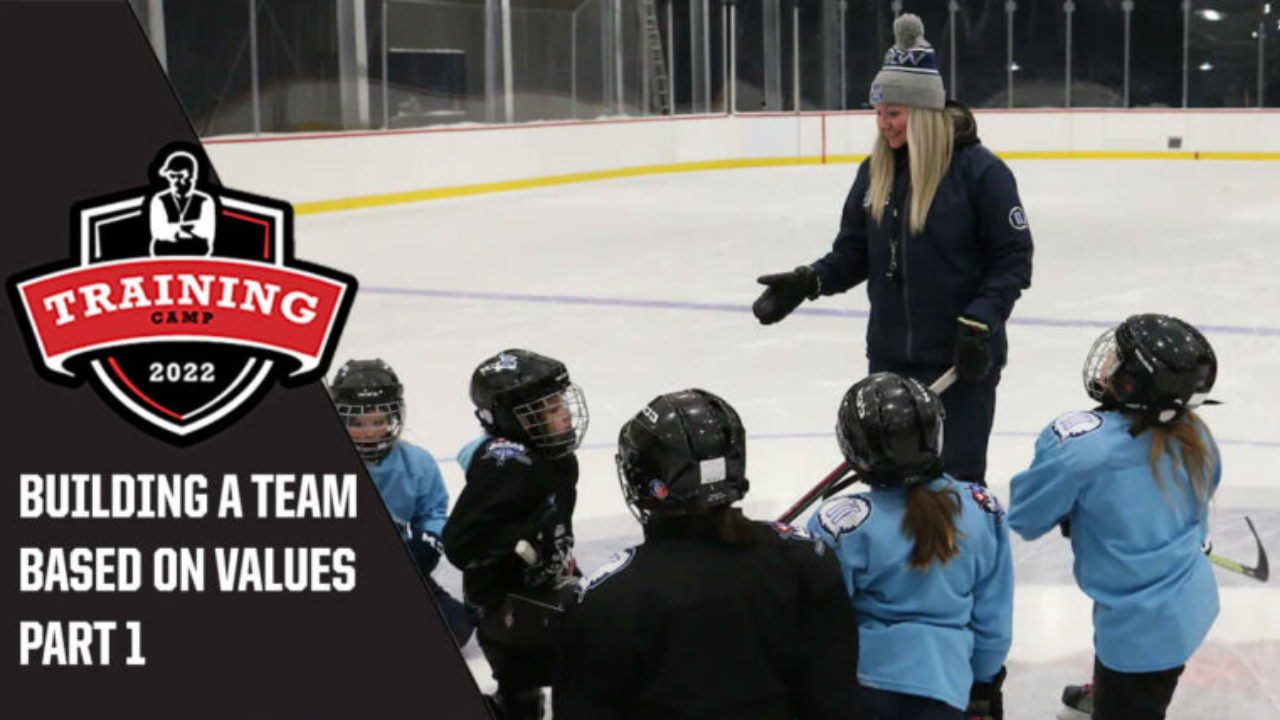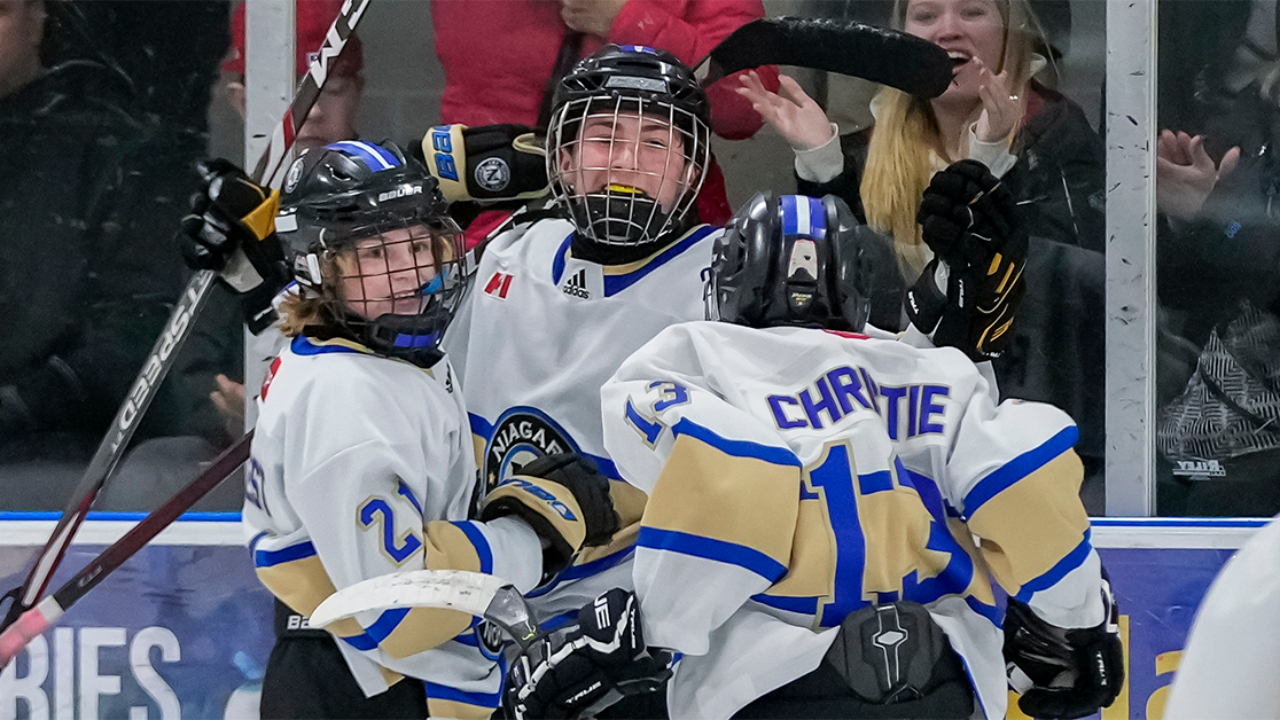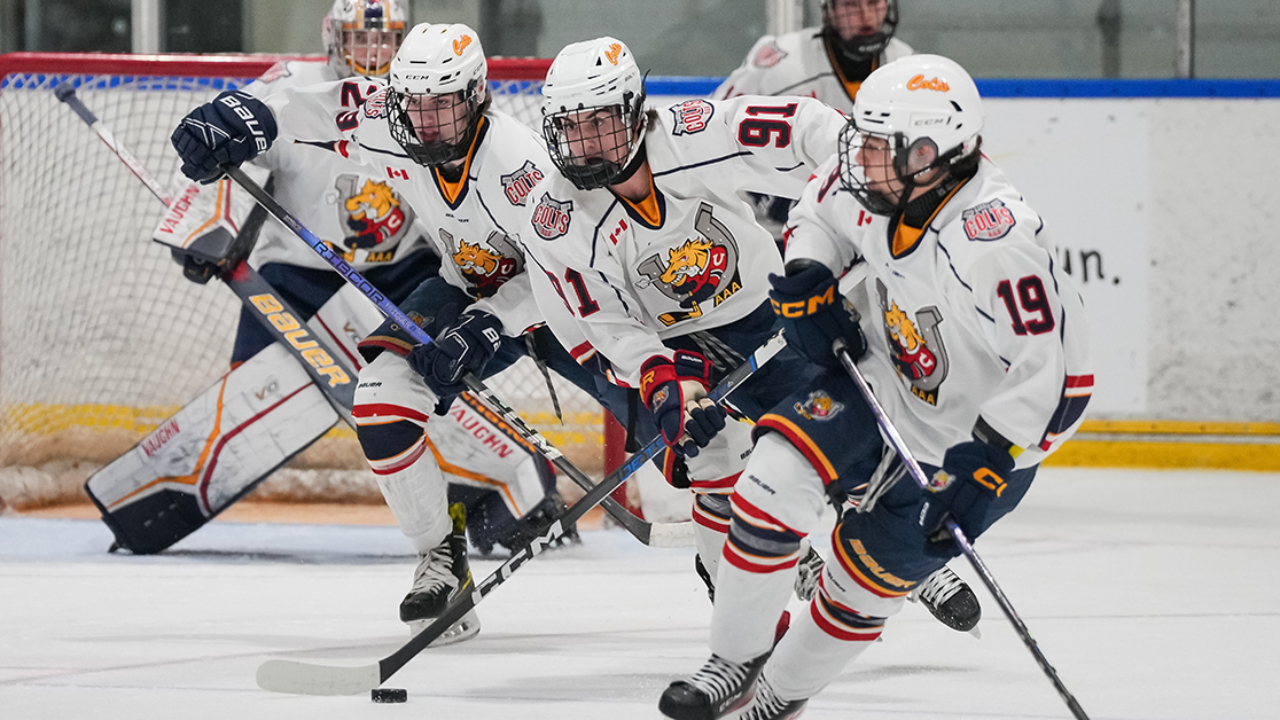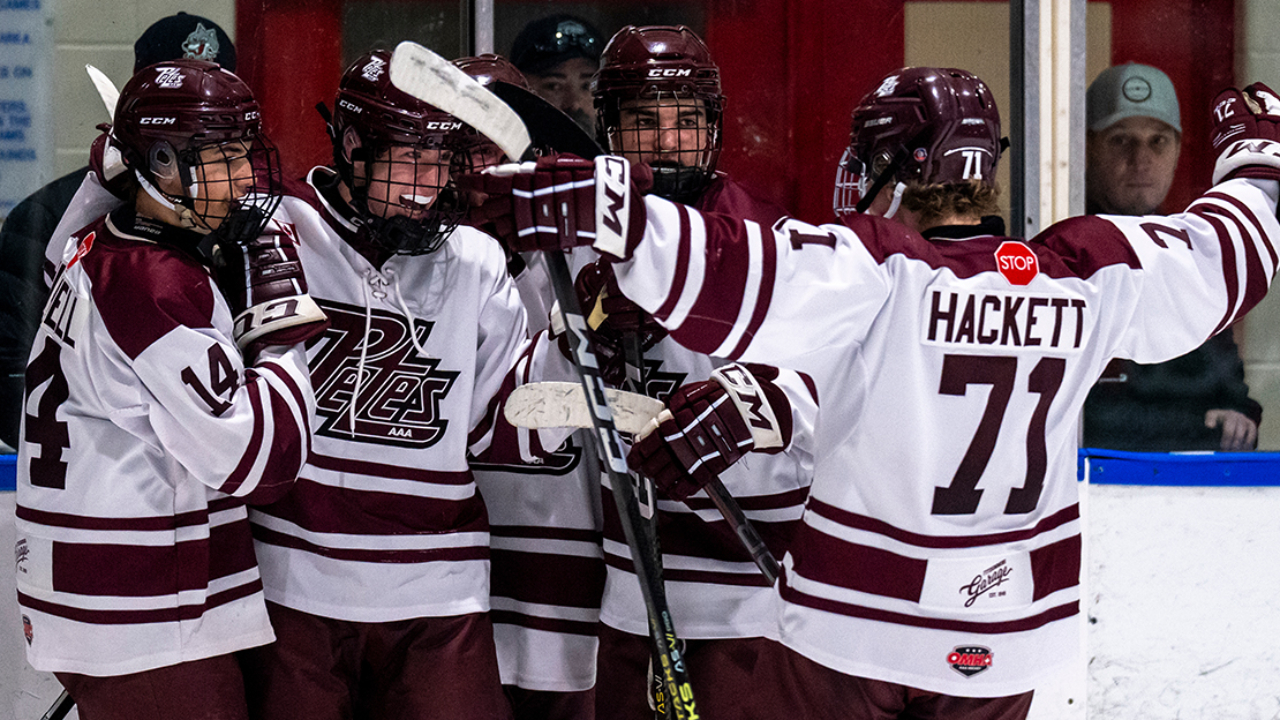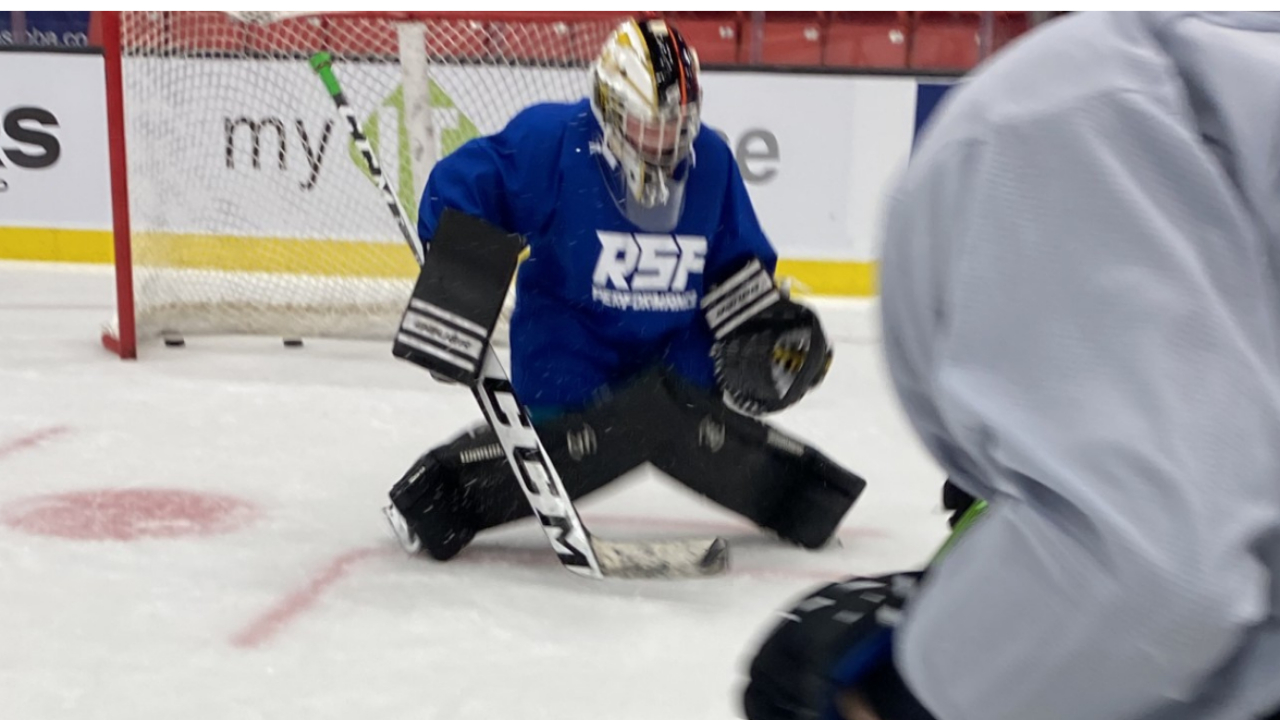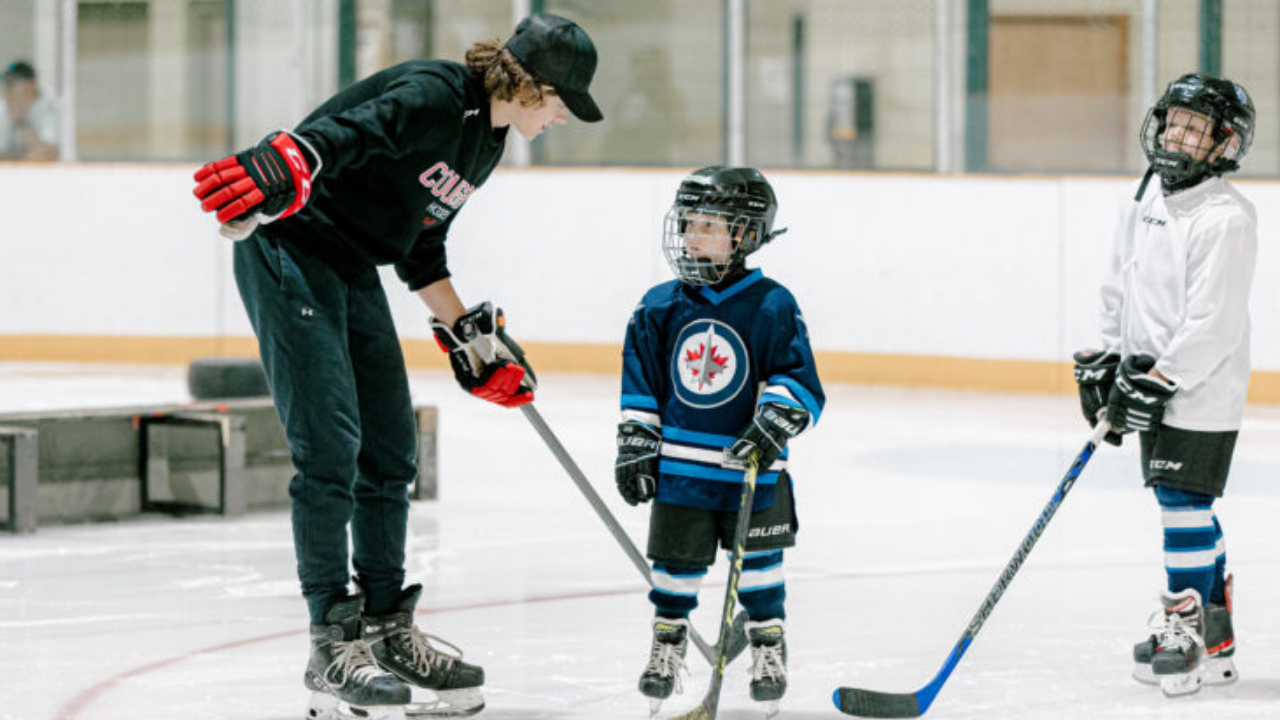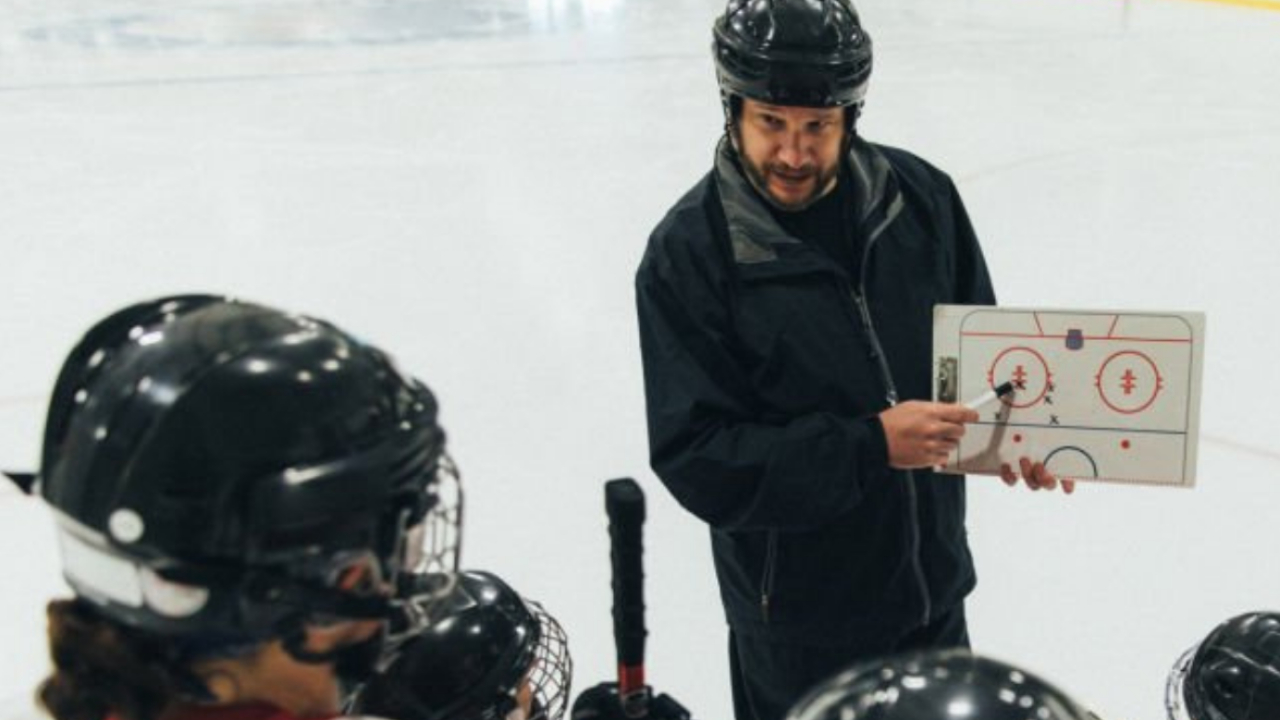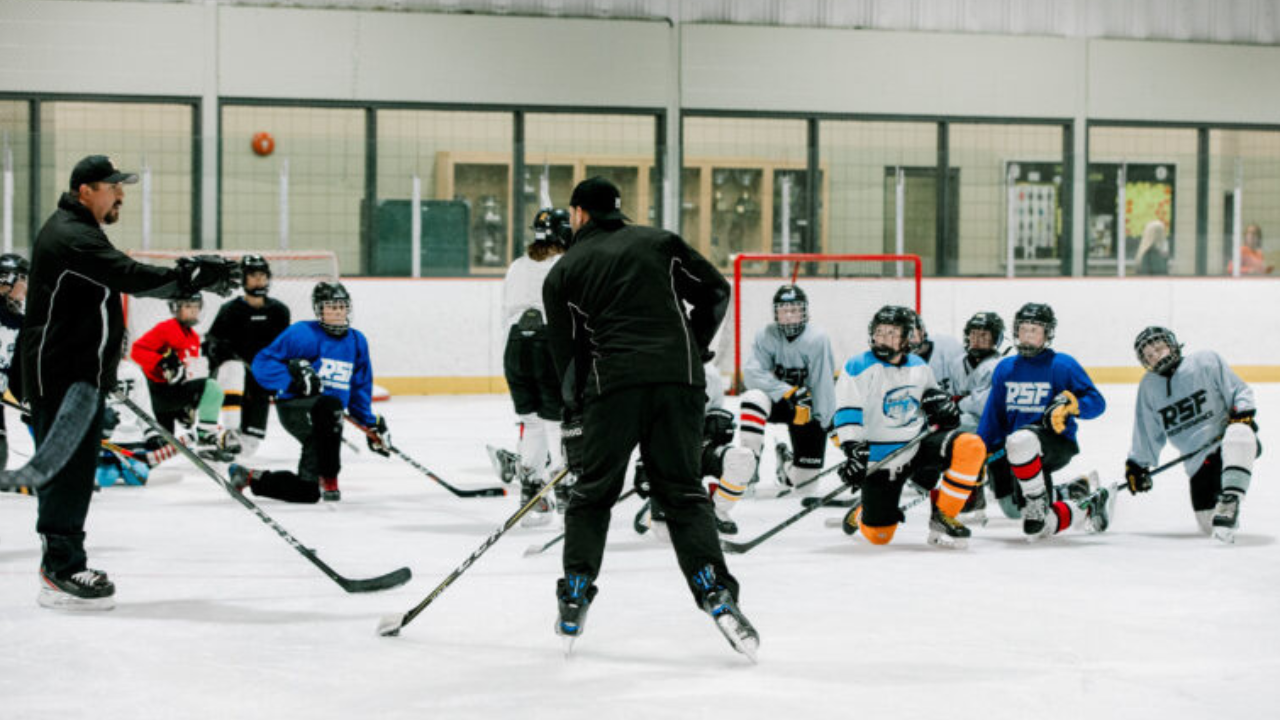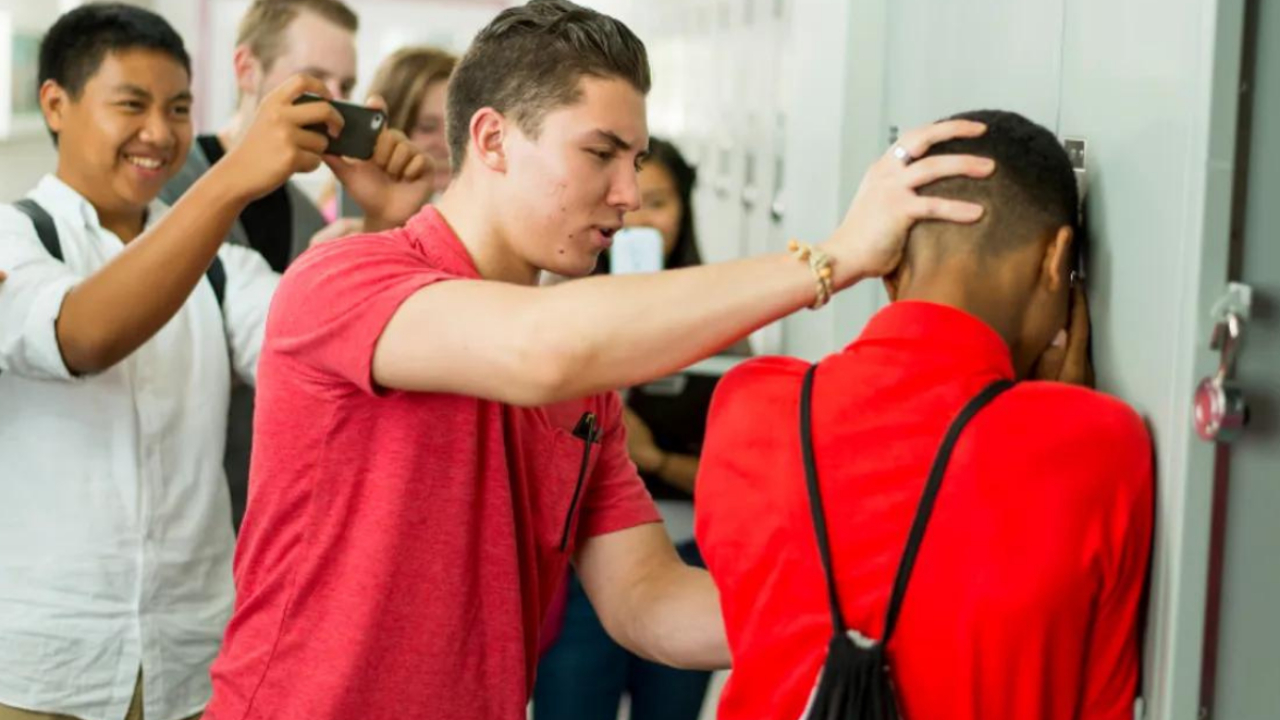
Over the years, hockey players have developed a reputation for presenting an overconfident demeanor, often adopting an attitude that their actions lack consequences. With social media at our fingertips, it is crucial for coaches to impress upon their players that their public behavior directly reflects on their team. Take, for example, a recent incident at a Wheat Kings game where four U13 AA players, arms interlocked, caused several collisions with spectators in the concourse. They nearly spilled a gentleman's drink and came perilously close to dousing a lady with her ice cream. While their excitement about making it through their tryouts is understandable, coaches must instill a sense of responsibility in their players. By helping athletes recognize the importance of their roles as community representatives, coaches can encourage more respectful conduct both on and off the ice.
The Importance of Early Education in Team Representation
Educating young athletes about team representation should be communicated, and prioritized at the beginning of each year. At a young age, players are impressionable and can work for or against you making it the perfect time for coaches to instill positive values. Coaches must stress that being part of a team involves more than personal success; it also means being a role model for their community and peers. This early education shapes players into respectful and responsible individuals who maintain these values throughout their lives. Building this foundation early ensures that athletes grow into well-rounded individuals who understand their broader role.
First Class of Poor Representation
The incident at the Wheat Kings game serves as a stark reminder of how poor representation can have immediate negative effects. Young athletes, caught up in the thrill of making the team, may inadvertently engage in behaviors that are disrespectful or disruptive to others. Actions such as nearly causing someone to spill their beer or making a mess with ice cream can create a negative impression not only of the individuals involved but of the entire team. Such lapses in behavior can alienate fans, frustrate community members, and even jeopardize sponsorship opportunities. Coaches must emphasize that every action, no matter how small, reflects on the team and its reputation.
Strategies for Effective Communication
Effective communication is crucial for reinforcing the importance of team representation. Coaches should use clear, direct language when setting expectations with players. Incorporating team-building exercises and role-playing scenarios can help athletes understand the impact of their behavior. These activities make abstract concepts tangible, allowing players to see firsthand the consequences of their actions. Additionally, regular feedback sessions provide an opportunity for coaches to praise positive behavior and address any issues promptly. Open lines of communication between coaches and players are essential, creating an environment where questions can be asked, and concerns can be addressed. This ongoing dialogue ensures that everyone remains aligned with the team’s values.

